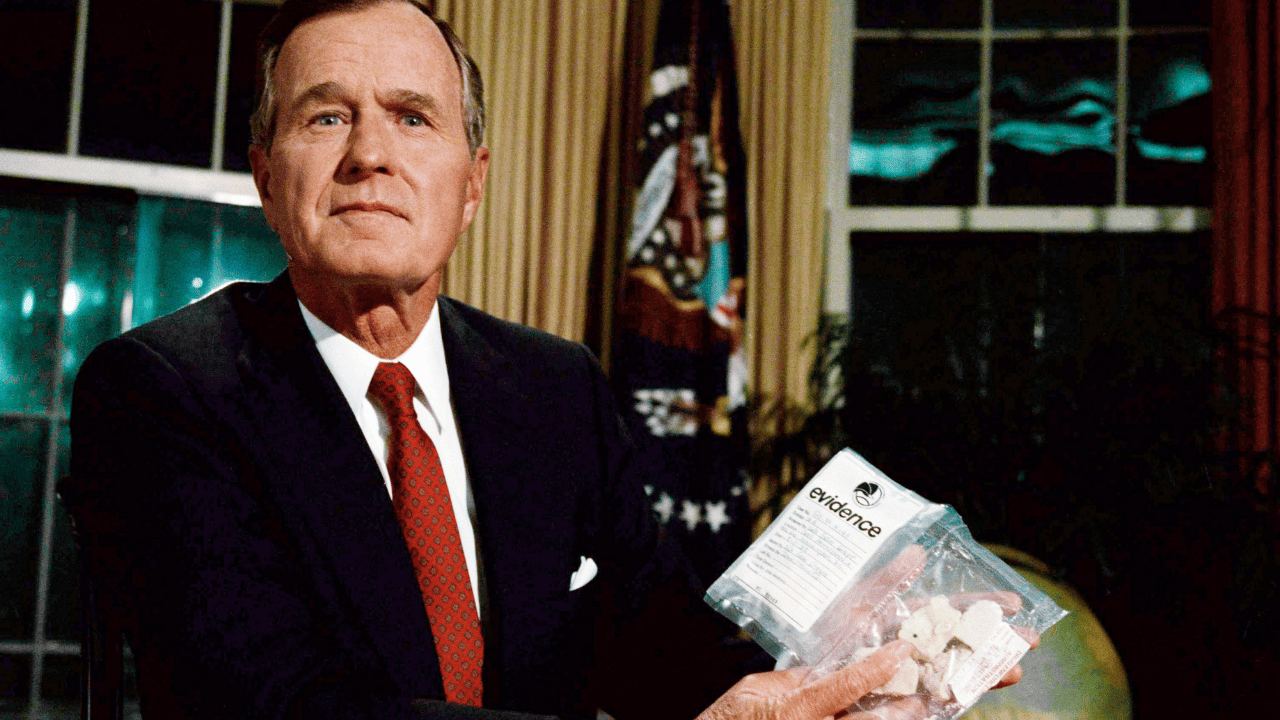Although Americans believe that they live in a free country — some would even say the freest country on earth — that freedom is limited and relative.
The Cato Institute’s Human Freedom Index “presents the state of human freedom in the world based on a broad measure that encompasses personal, civil, and economic freedom.” The United States is ranked 15th, behind such countries as Switzerland, Ireland, and Finland.
In the Press Freedom Index issued annually by Reporters without Borders, the United States is only ranked 42nd, behind such countries as Guyana, Latvia, and Namibia.
The Heritage Foundation’s Index of Economic Freedom is “not only a key statistical tool for measuring economic and other freedoms, but also an objective and detailed research publication for reference and analysis on public policies throughout the world.” The United States is ranked 25th, behind such countries as Iceland, Chile, and South Korea.
So yes, when compared to the majority of the other 195 countries in the world, the United States still seems quite free. But when judged with the standard of absolute freedom, it lags behind a number of countries.
Another way that the United States fails the freedom test is when it comes to consumption freedom: the freedom to consume (inhale, swallow, snort, inject, or otherwise ingest) a substance without fear of government arrest, fines, and imprisonment.
The primary war on consumption in the United States is the war on drugs. Yes, medical marijuana has been legalized in 37 states, and recreational marijuana has been legalized in 21 states, but it is heavily taxed and regulated and is still illegal on the federal level, with violations resulting in fines and/or imprisonment. And of course, cocaine, heroin, and other “hard” drugs are illegal on both the federal and state levels, and possession can get you years in prison.
Another war on consumption in the United States is the war on alcohol. Yes, alcohol. But Prohibition ended in 1933, did it not? True, but alcohol is one of the most heavily regulated substances throughout the country, and prohibition is still alive and well in many places in America. Seventeen states are “Alcoholic Beverage Control” states where the government has control over the wholesaling or retailing of some or all types of alcoholic beverages, especially distilled spirits. In some states, the government owns and operates all of the liquor stores and outlaws private liquor stores. In many states and counties, no alcoholic beverages of any kind can be sold before a certain time on Sunday. And in some, no alcohol can be sold for off-premise consumption. The United States is one of only three developed countries in the world with a nationwide drinking age over 18. The states of Kansas, Mississippi, and Tennessee are “dry” states: counties in those states must specifically authorize alcohol sales, and each of those states has dry counties. Other states also contain some dry counties, cities, or towns.
And it doesn’t end there. The Food and Drug Administration (FDA) is currently in the midst of banning the manufacture and sale of menthol-flavored cigarettes (the only flavor still allowed) and all characterizing flavors in cigars. State-level bans are already in effect in some states. The FDA has already banned sweet and fruity e-cigarette cartridges.
One of the strangest consumption prohibitions is that of raw milk. We are not talking about dangerous substances like crack cocaine, crystal meth, and fentanyl, but pure, natural, unadulterated cow’s milk. Only 12 states allow raw milk to be sold in stores. In 1987, the FDA issued a regulation prohibiting the interstate sale of raw milk. The agency’s official position on raw milk — which is said to be “in concert with the Centers for Disease Control (CDC) and the American Academy of Pediatricians” — is that drinking raw milk is a “health risk.” Therefore, the agency “strongly supports the application of effective measures, such as pasteurization, to protect the safety of the food supply and maintain public confidence in such important, healthy staples of the diet as milk.”
Now, it is certainly true that a majority of countries might have stricter drug laws, heavier alcohol regulation, flavored tobacco bans, and outright raw milk prohibition. But a war on consumption to any degree has no place in a free society. So the flip side of saying that America is freer is that many other countries are more tyrannical than the United States.
The importance of the freedom of consumption was stated many years ago by the great Austrian economist Ludwig von Mises (1881–1973) in his magnum opus, Human Action:
The problems involved in direct government interference with consumption … concern the fundamental issues of human life and social organization.
Opium and morphine are certainly dangerous, habit-forming drugs. But once the principle is admitted that it is the duty of government to protect the individual against his own foolishness, no serious objections can be advanced against further encroachments.
And why limit the government’s benevolent providence to the protection of the individual’s body only? Is not the harm a man can inflict on his mind and soul even more disastrous than any bodily evils? Why not prevent him from reading bad books and seeing bad plays, from looking at bad paintings and statues and from hearing bad music? The mischief done by bad ideologies, surely, is much more pernicious, both for the individual and for the whole society, than that done by narcotic drugs.
If one abolishes man’s freedom to determine his own consumption, one takes all freedoms away.
If a man owns his own body, then it follows that he should be able to consume any substance he chooses in whatever quantity he chooses.
Freedom indexes that do not take into account the war on consumption that exists in most countries are presenting a rosier picture of freedom than what actually exists.
This article was originally featured at the Future of Freedom Foundation and is republished with permission.
































